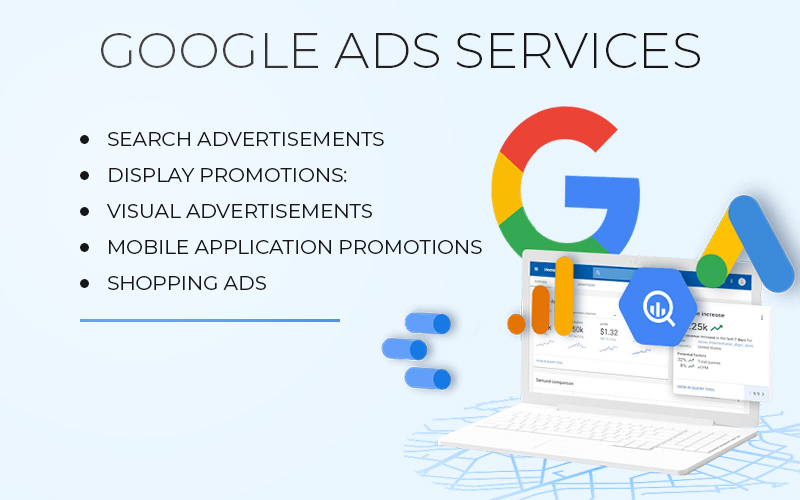In the rapidly evolving world of digital marketing, businesses are constantly searching for smarter ways to connect with audiences, optimize campaigns, and improve ROI. The surge of artificial intelligence (AI) has transformed the way marketers approach customer engagement, creating more personalized, data-driven, and automated experiences. Among these innovations, marketing automation platforms combined with AI tools are reshaping strategies by removing repetitive manual work, analyzing patterns in real-time, and delivering content that resonates with the right audience at the right moment.
The demand for automation and intelligence is no longer just a competitive edge—it has become a necessity for brands that want to stay relevant. From nurturing leads through personalized email sequences to analyzing customer behavior across multiple channels, automation supported by AI is helping organizations scale their marketing efforts with precision and efficiency. This integration is not just about saving time; it is about unlocking opportunities for deeper engagement, better conversion rates, and measurable growth.
The Rise of Marketing Automation Platforms
Marketing automation platforms are software solutions designed to streamline repetitive marketing tasks, centralize campaign management, and create workflows that nurture leads throughout the customer journey. Over the past decade, these platforms have evolved from simple email automation systems into sophisticated hubs that manage multi-channel campaigns, lead scoring, social media scheduling, and even predictive analytics.
Businesses using such platforms often see improvements in campaign efficiency because automation ensures that messages are consistent and timely. Instead of sending one-size-fits-all emails or social media posts, brands can segment audiences and trigger communications based on behavior, demographics, or past interactions. AI adds another layer of intelligence to these platforms by learning from customer data, predicting behavior, and automating decisions that were once reliant on human intuition. For example, AI can identify the best time to send an email, recommend personalized product suggestions, or forecast which leads are most likely to convert.
When organizations adopt marketing automation platforms integrated with AI, they not only streamline operations but also build stronger relationships with customers. These systems free marketing teams from repetitive tasks, allowing them to focus on strategy, creativity, and storytelling while the platform handles execution with accuracy.
How AI Tools are Shaping Modern Marketing
Artificial intelligence is powering a fundamental shift in how marketers analyze and act on data. With AI, the sheer volume of customer interactions—ranging from website visits to chatbot conversations—can be processed in real-time to create actionable insights. Marketers are no longer guessing what their audience wants; they are using predictive models and algorithms to understand intent and behavior before the customer even makes a move.
AI tools are enhancing content creation, personalization, customer support, and analytics. Natural language processing helps chatbots provide human-like responses, while machine learning algorithms recommend content tailored to individual preferences. Image and voice recognition technologies further expand the range of channels where marketers can connect with their audience. By reducing the dependency on guesswork and manual research, AI-driven insights give marketers confidence in their decisions and speed up the optimization of campaigns.
One of the most powerful applications of AI in marketing is predictive analytics. Instead of waiting to see how a campaign performs, businesses can rely on AI models to anticipate results and adjust strategies accordingly. This minimizes wasted resources and maximizes the impact of campaigns. From small startups to large enterprises, AI-powered marketing tools are making personalization and automation accessible to everyone.
Practical Benefits for Businesses
The combination of marketing automation platforms and AI tools brings several tangible benefits to businesses. Companies can nurture leads more effectively by creating automated journeys that adapt to user behavior. A customer who abandons a shopping cart may automatically receive a personalized reminder with an incentive to complete the purchase. Similarly, businesses can schedule and publish social media content across multiple platforms while AI analyzes engagement data to determine the most effective posting times.
Customer segmentation, once a tedious manual task, has become more advanced with AI’s ability to identify micro-segments within larger audiences. This level of precision ensures that marketing messages are not only reaching the right people but are also speaking directly to their specific needs and interests. Improved segmentation leads to higher engagement rates, stronger customer loyalty, and ultimately, better sales performance.
Furthermore, automation reduces the risk of human error. When repetitive tasks such as sending newsletters or updating CRM records are handled by platforms, consistency improves, and marketers can dedicate more time to creative and strategic initiatives. This creates a balanced workflow where technology handles execution while humans focus on innovation.
The Future of Automation and AI in Marketing
The future of marketing lies in deeper integration between automation and artificial intelligence. As technologies continue to evolve, platforms will become even more intuitive and predictive, capable of making real-time decisions that drive business outcomes. AI will continue to enhance personalization, taking it beyond demographic-based targeting to predictive and even prescriptive models where customer needs are anticipated before they arise.
Marketers should also expect greater use of conversational AI, where voice and chat interfaces become central to customer interactions. Automated systems will not only answer queries but also guide customers through personalized journeys, offering product recommendations and solutions on demand. At the same time, ethical considerations such as data privacy and transparency will remain critical, requiring businesses to adopt responsible AI practices that build trust with customers.
For professionals seeking to master these emerging technologies, enrolling in an online digital marketing course can provide the foundational knowledge and practical skills needed to stay competitive. As the marketing landscape becomes more automated and data-driven, continuous learning will be the key to success.
Conclusion
Marketing automation platforms and AI tools are transforming how businesses engage with their audiences, optimize campaigns, and measure success. By combining automation with intelligence, marketers can create highly personalized, efficient, and scalable strategies that drive measurable growth. The shift is not just about reducing manual work—it is about creating smarter systems that anticipate customer needs and deliver meaningful experiences at every touchpoint.
As businesses embrace these innovations, they will gain an advantage in reaching the right audience at the right time with the right message. For marketers and organizations alike, the integration of automation and AI is no longer optional; it is the future of digital engagement and a critical driver of long-term success.


